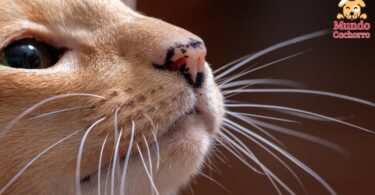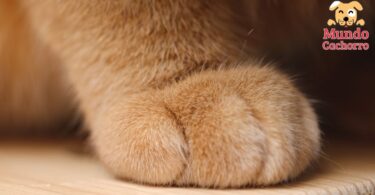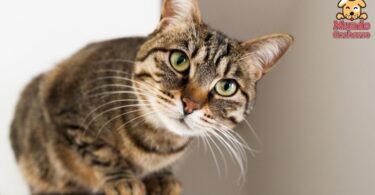Like humans, cats can be overweight. This is a condition that can greatly affect the health of your michi. That’s why if your cat is overweight, it’s time to take specific actions to address the situation.
Experts say that excess weight in a cat can have negative effects on its overall health and well-being. In fact, being overweight in cats can lead to a number of health problems.
It is also important to understand what is overweight in cats. Overweight is defined as above average body weight for a cat of the same age, breed and size. This means that your cat’s weight is not proportional to its size and age. If your cat is gaining weight at a rapid rate or is maintaining an above-average body weight, then he may be overweight.
Problems if a cat is overweight
If a cat is overweight, these are some of the problems it may have:
- Cardiovascular disease: Being overweight can increase the load on your cat’s heart, which increases the risk of heart disease and circulatory problems.
- Diabetes mellitus: Overweight cats have an increased risk of developing diabetes, a condition in which the body has difficulty regulating blood sugar levels.
- Breathing problems: Excess weight can hinder your cat’s ability to breathe properly and can lead to respiratory problems.
- Arthritis and joint problems: Excess weight can put additional pressure on joints, which increases the risk of developing arthritis and other joint problems.
- Dermatological problems: Overweight cats may have difficulty grooming properly, which can lead to skin and coat problems.
Actions to be taken
Below you will find some measures that could help manage your cat’s overweight problem.
- Diet change: Your veterinarian may recommend a change in your cat’s diet, perhaps opting for a food formula with fewer calories or with specific ingredients for weight control.
- Control portions: Make sure the portions of food you feed your cat are appropriate for his size, age and activity level.
- Physical stimulation: Provide your cat with opportunities to exercise and play regularly, as this can help burn extra calories.
- Avoid treats: Limit unhealthy treats and snacks that could contribute to weight gain.
- Regular monitoring: Keep track of your cat’s weight and progress to make sure he or she is losing weight safely and steadily.
Remember that it is always best to follow the recommendations and guidance of a veterinarian to ensure that your cat loses weight in a healthy and safe manner. Do not attempt to put your pet on a diet without proper advice, as rapid and improper weight loss can also have adverse effects on your pet’s health.
Image courtesy of https://pixabay.com, all rights reserved.







